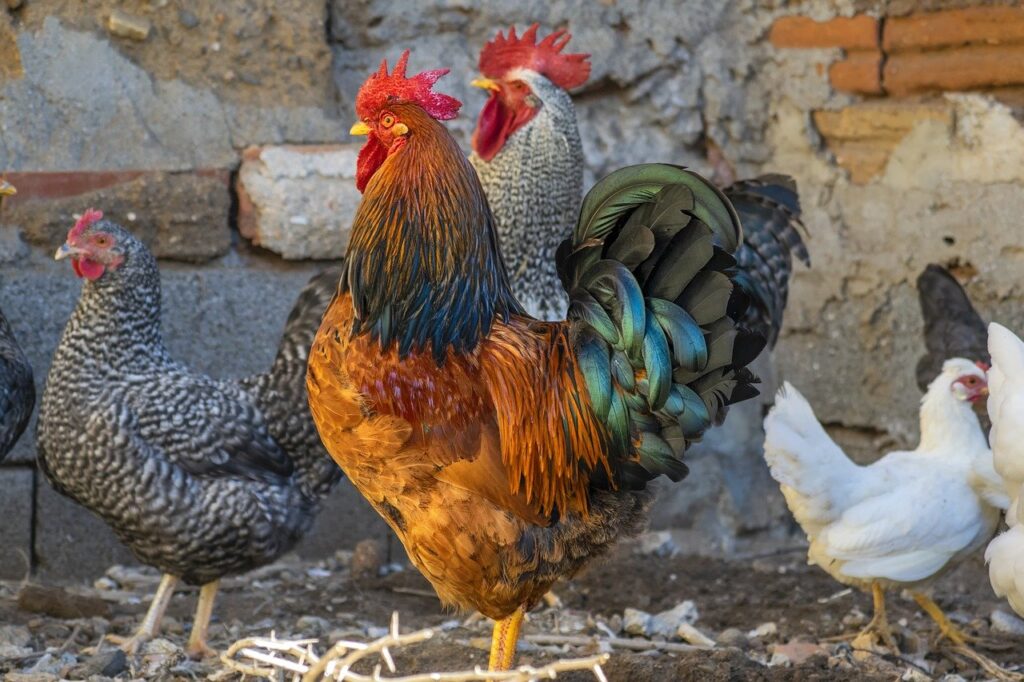
Price cap for basic foods introduced in Hungary for three months
Because of the soaring inflation, Hungary has announced the introduction of a price cap for a handful of basic foods. The price control will be in force starting from 1 February 2022, and will remain in place for 3 months.
Because of the soaring inflation, Hungary has announced the introduction of a price cap for a handful of basic foods. The price control will be in force starting from 1 February 2022, and will remain in place for 3 months.
Last updated on 30 June 2023.
You can find the official decree here.
Update: Eventually, price caps were abolished as of 1 August 2023.
Price of basic foods reduced to 15 October 2021 level
Because of the disruption of supplier chains all over the world caused by the ongoing pandemic, inflation is still on the rise, even if earlier it was predicted to slow down over the course of 2022. In Hungary, inflation in November was at 7.4%, and it remained the same during December.
To ensure that even the poorest Hungarian households will continue to make ends meet, a price cap has been announced on the retail price of the following items:
- granulated sugar
- plain wheat flour (BL 55)
- sunflower cooking oil
- leg of pork
- chicken breasts and chicken backs
- cow milk (2.8%)
Items added in Q4 2022:
- eggs
- potatoes
The price cap will come into force starting from 1 February 2022, and will remain in force for 3 months (last day is 1 May). Prices will be fixed on the 15 October 2021 level, based on the retailers’ own prices. If it was a discount price on that date, the last “normal” price will apply. If the last normal price cannot be determined, the October 2021 average calculated by the Central Statistical Office must apply.
In line with this, providers are also paid the same price they were paid on 15 October 2021.
At the same time, retailers are required to have the same amount of the above goods available for sale as in October (meaning that they cannot simply decide not to sell them any more). Retailers are also required to post information in their shops that the current prices of the products in question are thanks to the price cap introduced by the government.
Expected complications
While introducing a price cap might be justified in specific situations (e.g. the regulation of the price of PCR tests in 2020), most economists recommend caution based on historical examples, both in Hungary and in another parts of the world. Since most people do not eat solely the foods listed above while retailers usually sell various other products as well as the items affected, retailers can easily add the margins lost to the price control to other items. In the end, buyers may end up paying the same, while only the distribution of prices changes.
In a grimmer scenario, artificially imposed prices can lead to retailers reducing the diversity of these foods, selling only the cheapest varieties. This, in turn, can lead to a reduction in quality. In Hungary, where import is often cheaper than locally sourced products, this can do serious damage to Hungarian producers (which the governments is supposed to support). At the same time, bigger retailers usually offer lower prices, so the price limitation will affect them less than small shops.
This might be prevented by how retailers must use their own 15 October 2021 prices, so higher quality products can retain a higher price. However, since providers are also required to sell their products to retailers on a limited price, the whole issue is not solved, only shifted to the provider. Moreover, many retailers sell imported goods, and it is a question how the prices imposed by Hungary can be applied to foreign providers.
Return on investment affected
If sellers cannot set their own prices, production (or sales) may not return enough interest on their investment. In the end, they may decide to decrease or even stop production and/or sale of these products. At the same time, if prices are low, more people will want to buy the discounted products, and demand will grow. This can very easily lead to shortages.
The price control introduced now is supposed to be a temporary measure until inflation slows down. When lifting the price cap in three months, it will be important to do it gradually, in a calculated way, to avoid artificially reduced prices suddenly skyrocketing.
What comes next?
Retailers and providers affected by the price cap will have to reevaluate their margins and see how much they can afford to lose on the new regulation, and how they can best balance their losses. Raising the price of items not affected can reduce demand for those, which is a risk retailers and providers must also evaluate before making adjustments to their prices.
Adjusting prices requires not only insight into market trends but also accurate reporting based on precise data. The accounting services by Helpers Finance can offer just that, supporting the informed decision making of managers. Are you looking for a reliable accountant for your Hungarian company? Call our office on +36 1 317 8570 or send an email to learn more about how we can help your business grow.
Did you like this article? Follow us on Facebook and never miss an update.
Contact
Get in touch today
Monday - Friday
9am - 5pm CET
Helpers Finance Kft.
Budapart Gate
Dombóvári út 27
Budapest 1117, Hungary
If you’re visiting us, please use entrance A and come to the 2nd floor.



